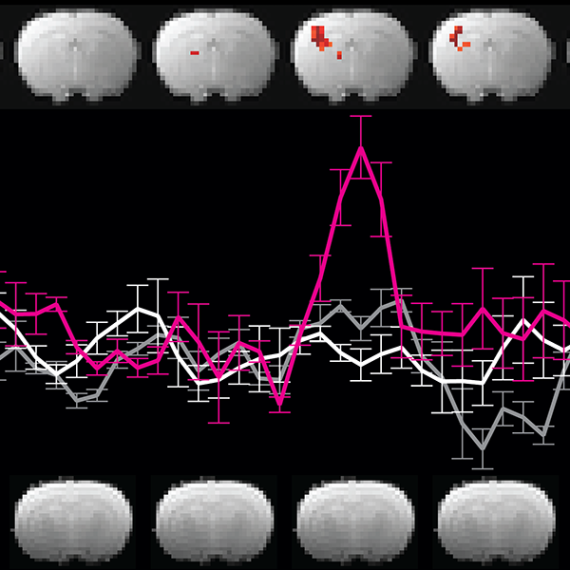Stanley Center & Poitras Center Translational Neuroscience Joint Seminar: Amy Arnsten, PhD
Stanley Center & Poitras Center Translational Neuroscience Joint Seminar

Stanley Center & Poitras Center Translational Neuroscience Joint Seminar
Speaker: Amy Arnsten, Yale University
December 1, 2015
The newly evolved circuits of the primate dorsolateral prefrontal cortex (dlPFC) generate the mental representations needed for working memory, the foundation of abstract thought. These layer III dlPFC pyramidal cell microcircuits are a focus of pathology in cognitive disorders such as schizophrenia and Alzheimer’s Disease. Research in the Arnsten lab has found that these circuits are uniquely regulated at the molecular level in ways that facilitate mental flexibility but make them particularly vulnerable to atrophy and degeneration. For example, in contrast to the primary visual cortex where calcium-cAMP signaling strengthens connections and increases neuronal firing, increased calcium-cAMP signaling in layer III of dlPFC weakens connections and decreases neuronal firing by opening K+ channels near the synapse. Understanding these unique properties has led to the development of treatments for dlPFC cognitive disorders in humans, e.g. Intuniv™, illustrating the importance of translational research.




